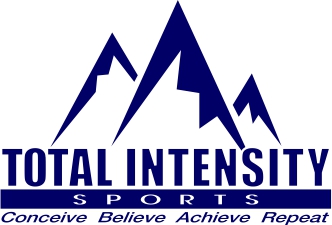
Failing to plan is planning to fail…
Every fall, I sit down with each of my athletes and we take time to look back on the season behind us and look forward to the upcoming season. Here are a few of the things we talk about and I think are important for every triathlete to process and think about.
Evaluate Last Year
What went right and why? What didn’t go as well as we wanted and how can we prevent it from happening going forward? Did you have any injuries – if so, how do we need to make sure they don’t happen again?
Identify Weaknesses
What areas do you feel are your weaker areas – is it your swim technique? Hill climbing on the bike? Finding another gear at the end of a race? These weaknesses are where you want to spend your training time in the off-season.
Target Race Goals
First of all, what races are we targeting in the upcoming season? Do these present unique challenges? For example, is it your first half-ironman? Are you trying to get on the podium or qualify for another event? Are the races you’re targeting hilly? Bottom line, what are you trying to achieve in each race and what races are the most important (“A” races, “B” races, etc.)?
Be sure to space out your races a bit. You’re probably not going to have a lot of success if you have three races in five weeks. Have one, maybe two, “A” races. Include a couple of tune-up “B” races to help you gauge your fitness. And always throw in a fun “C” race here and there to just use as a fun workout.
I also strongly encourage you to include your significant others in this planning… let them know what you are thinking about and get them to buy into the plan. Make sure you leave time for the family vacation or anniversary trip with your spouse. If you can plan a race around a vacation, everyone might just have a great time.
Prioritize Training Time
After you’ve asked the tough questions, you can start to plan out your off-season training. Based on your weaknesses, you can lay out the priorities in your strength program (a key focus of any off-season training plan, as well as in-season training). This should include how many days you’re doing strength training and what the focus (upper body, functional, etc.) of each workout will be. You should also prioritize the time spent on the other areas – if you’re wanting to improve your hill climbing on the bike, then you will want to emphasize that in your weekly training plan and back off on the other areas.
A good approach can be to spend 8-10 weeks focusing in on one area (hill work on the bike) and then another 8-10 weeks on a second weakness (swim technique). In a “cycle” focus periods, you basically change from a triathlete into a cyclist who does a run or a swim for cross training. Priorities shift to cycling until you complete your cycle and move onto another focus area, or turn back into a three-sport athlete because race season is approaching.
Schedule a Break
Even the top triathletes in the world take several weeks off of concentrate training every year. Carve out some time every off-season to train without a schedule. I wouldn’t encourage you to sit on the couch and eat bon-bons, so exercise… but do it without a plan. Run if you feel like running. Go for a hike with the dogs. Go canoeing with the family. Do something different – it will really help you avoid being burnt out next season when you are approaching a big race.









